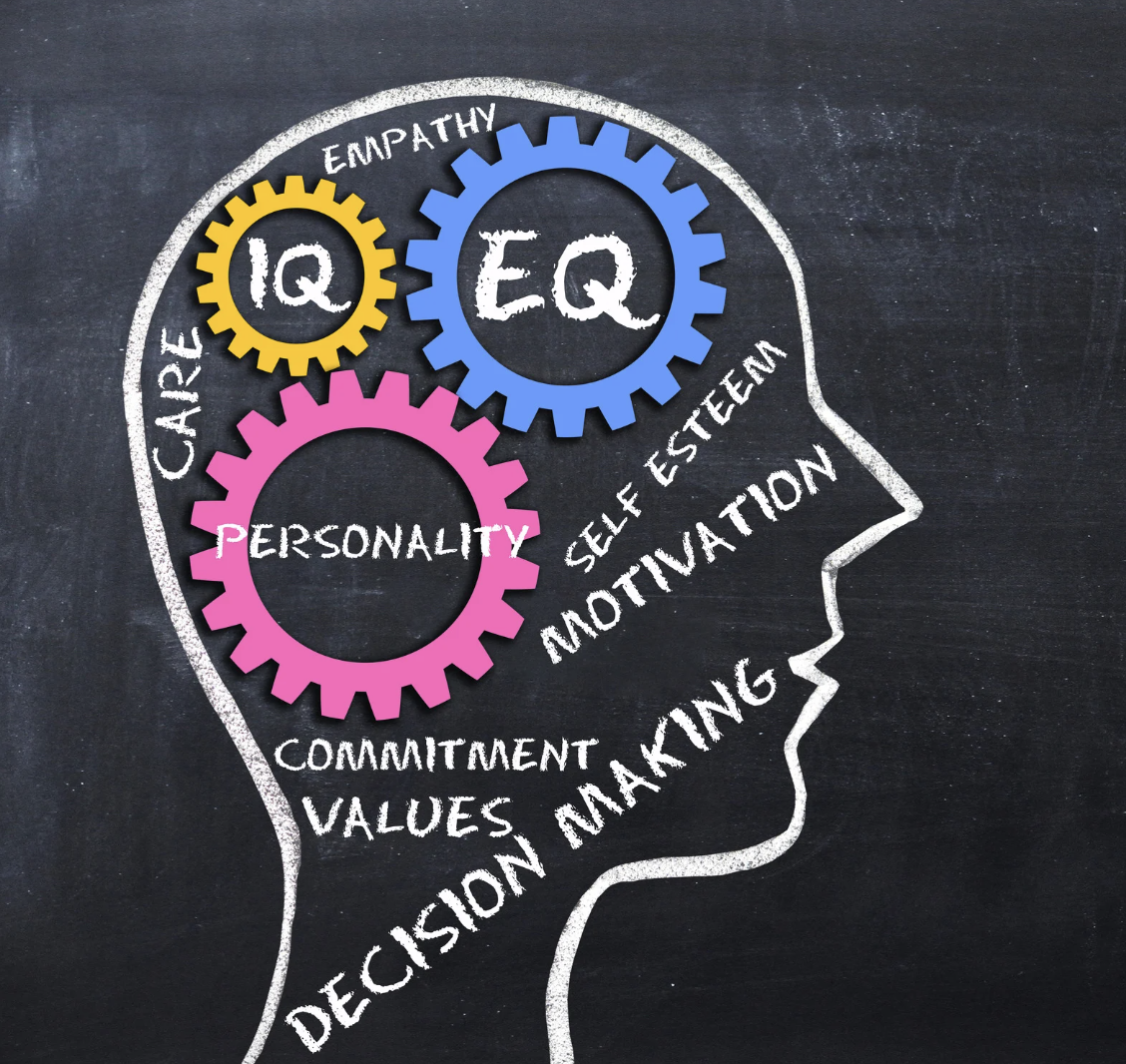Why Your Teen Feels Everything So Deeply: Understanding the Emotional Brain in Adolescence
Being a parent to a tween or teen can feel like walking a tightrope—one moment your child seems calm, and the next, they’re overwhelmed, angry, or completely shut down. While it might seem like your teen is too emotional, there’s a very real reason for it: their brain is going through a massive transformation.
During adolescence, the brain’s emotional centers (like the amygdala) are highly active, while the prefrontal cortex—the part responsible for reasoning, impulse control, and decision-making—is still under construction. This means your teen feels deeply but doesn’t yet have the same ability to manage those feelings or logically talk themselves through them.
The Power of Your Words
Because of these changes, teens are far more sensitive to tone of voice, word choice, and facial expressions than most parents realize. A comment that may seem harmless to an adult can trigger intense emotions in a teen, which their developing brain may interpret as shame, guilt, rejection, or even danger.
When our words consistently trigger negative emotions, our teens begin to internalize those feelings and form distorted beliefs like:
-
“I’m not good enough.”
-
“I always mess things up.”
-
“No one really understands me.”
These beliefs become emotional wounds—and the nervous system responds by tagging us, their parents, as a possible threat. This can lead to behaviors like shutting down, lying, avoiding, or lashing out—not because your child is manipulative, but because their brain is trying to protect them from future pain.
But There’s Good News…
When we learn how to use our words to create positive emotions—like acceptance, validation, safety, and encouragement—we send a message to the brain that says: You’re safe. I’m here. We can figure this out together.
The nervous system then begins to tag you as a safe anchor instead of a threat. That’s when your teen starts opening up again. That’s when behavior starts to shift—not because you demanded it, but because you created a space where emotional safety allowed it.
One Simple Shift in Language
Let’s take a common example.
Shame-triggering language:
“Why would you do that? You know better.”
To an adult, this might sound like a correction. But to a teen’s emotional brain, it often lands as:
“I’m stupid. I always mess things up. I can’t do anything right.”
Try this instead:
Emotionally safe reframe:
“Hey, that didn’t go the way you expected, huh? Let’s figure out what happened so you can handle it differently next time.”
This small shift communicates curiosity instead of judgment, and collaboration instead of shame. It helps your teen stay regulated—and keeps the door open for learning and connection.
Work With the Brain, Not Against It
As parents, our job isn’t to control behavior—it’s to guide our kids through the storm of growing up with compassion, clarity, and emotional intelligence.
When we understand how the teen brain works, we can stop taking behavior personally and start responding in ways that build trust, not tension. And that changes everything.
💡 Want to learn how to use emotional regulation and neuroscience to parent with confidence?
Register for the Top Brain Parenting Course—and start building a home where connection replaces conflict.


